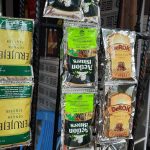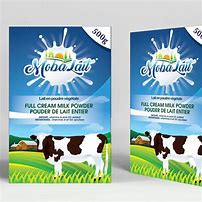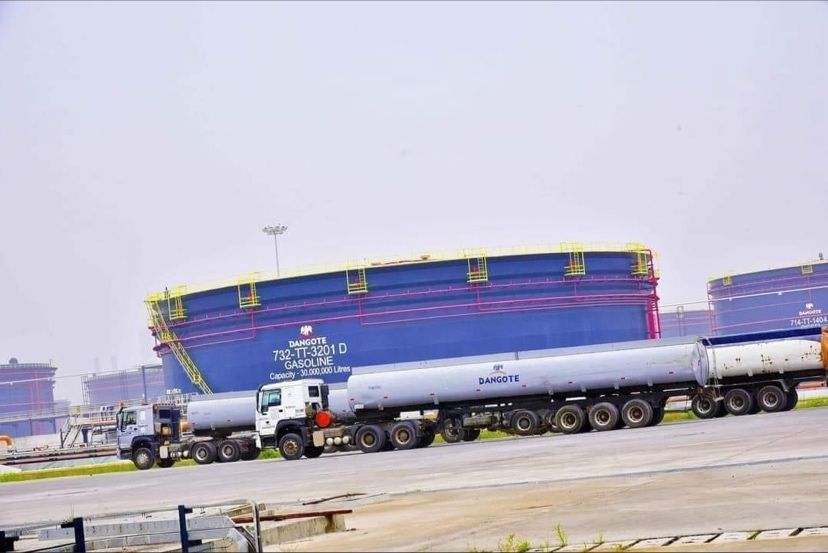According to him, Nigeria spends $1.5 billion annually to import milk, which he said puts pressure on the country.
“It’s our position that we can produce these in the country,” he said, while confirming the report that Nigeria will now ban importation of milk.
European milk is pouring into Africa, with disastrous effects for local herders and farmers, said Ian Brown, an economist based in the U.S, Maryland state.
Multibillion-euro dairy multinationals are exploiting rock-bottom European milk prices to expand aggressively into Nigeria and West African countries, he said.
“Over five years, they have nearly tripled their exports to the region, shipping milk powder produced by heavily subsidized European farmers to be transformed into liquid milk for the region’s booming middle class.
“People who live from milk are struggling,” said Adama Ibrahim Diallo, the president of Burkina Faso’s milk producers and mini-processors union recently.
Diallo warned that the problem is aggravating the security situation in the Sahel. “The sons of pastoralists become jihadists — not out of conviction but because there are no jobs.”
European dairy companies say they need to sell milk outside of Europe to survive.
Arla Foods — a Danish dairy cooperative with €10 billion in annual revenue — established a plant in Ivory Coast designed to handle its milk powder in 2013, for example. In 2015, it opened more facilities in Nigeria and Senegal. Danone made an even more muscular entrance in 2013 when it bought a 49 percent stake in Fan Milk, with plants in six West African countries. The French company took ownership in 2016.
























Leave a comment